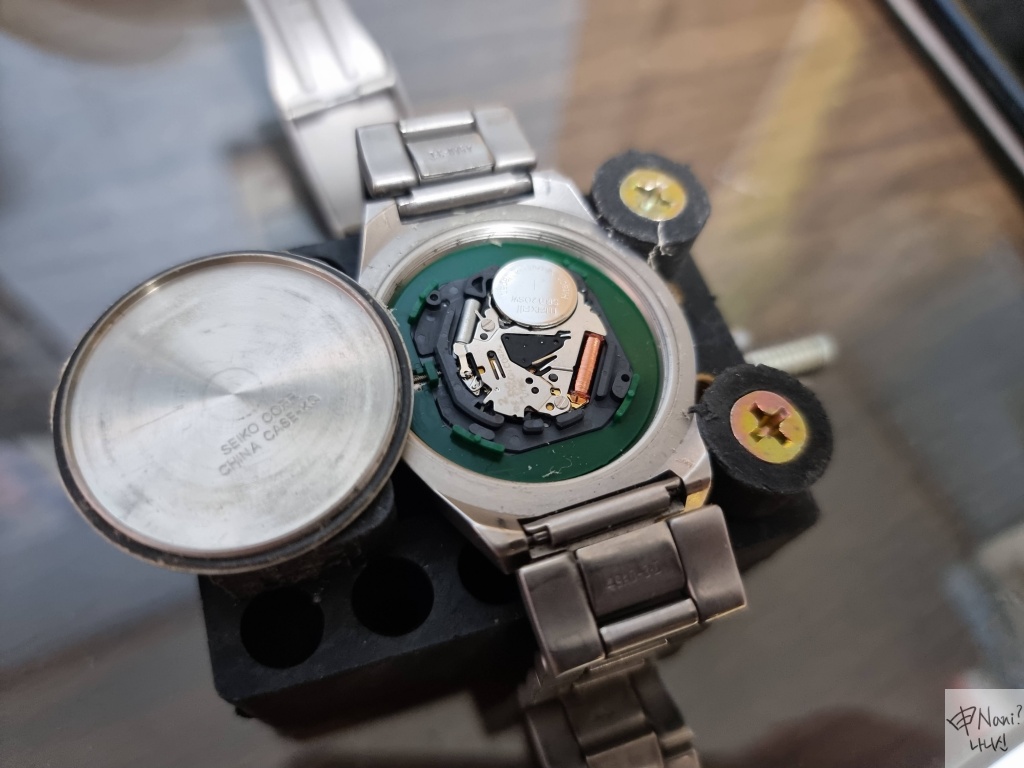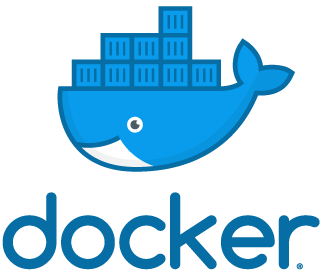

Once Docker is properly setup, it is pretty straightforward to use the FFmpeg image.

If you don’t have Docker installed yet, follow this guide. 0.100 configuration: -enable-version3 -enable-gpl -enable-nonfree -enable-small -enable-libmp3lame -enable-libx264 -enable-libx265 -enable-libvpx -enable-libtheora -enable-libvorbis -enable-libopus -enable-libass -enable-libwebp -enable-librtmp -enable-postproc -enable-avresample -enable-libfreetype -enable-openssl -disable-debug How to use FFmpeg with Docker Here is the FFmpeg build configuration used in this image: ffmpeg version 3.0 Copyright (c) 2000-2016 the FFmpeg developers built with gcc 5.3.0 (Alpine 5.3.0) configuration: -enable-version3 -enable-gpl -enable-nonfree -enable-small -enable-libmp3lame -enable-libx264 -enable-libx265 -enable-libvpx -enable-libtheora -enable-libvorbis -enable-libopus -enable-libass -enable-libwebp -enable-librtmp -enable-postproc -enable-avresample -enable-libfreetype -enable-openssl -disable-debug libavutil 55.

So I choose Alpine Linux which is a lightweight Linux distribution, and I ended up with an image of 106MB only. You have to compile it which implies that you need to install a ton of dependencies and have a development environment setup! I’ve been doing this for a decade and it’s not that simple.Ī typical FFmpeg image on Docker Hub is +350MB and I wanted it to be as small as possible. The problem with FFmpeg is that it is not easy to install. They have been ignored, or old ones used instead.Īn alternative idea I tried was to use the ubuntu 18.04 image.FFmpeg is a free software project and is the leading software for everything related to multimedia like video encoding, streaming and muxing. N: See apt-secure(8) manpage for repository creation and user configuration details.Į: Some index files failed to download. N: Data from such a repository can't be authenticated and is therefore potentially dangerous to use. W: The repository ' jessie-backports Release' does not have a Release file. Sudo apt-get update & sudo apt-get upgrade -y Sudo sh -c 'echo "deb jessie-backports main" > /etc/apt/sources.list' Both give me the same error: #!/bin/bash -eo pipefail I read somewhere to use “docker run” to install ffmpeg directly onto the image but I’m not experienced in docker either. W: Failed to fetch Unable to find expected entry ‘main/binary-amd64/Packages’ in Release file (Wrong sources.list entry or malformed file) Sudo add-apt-repository -y ppa:jonathonf/ffmpeg-4 Sudo apt-get install software-properties-common I tried the following as a test: version: 2 I can’t use a docker image for ffmpeg because that’s not how our system runs. Previous dev set up environment and I need to add ffmpeg to our image since we run a system call for ffmpeg.


 0 kommentar(er)
0 kommentar(er)
